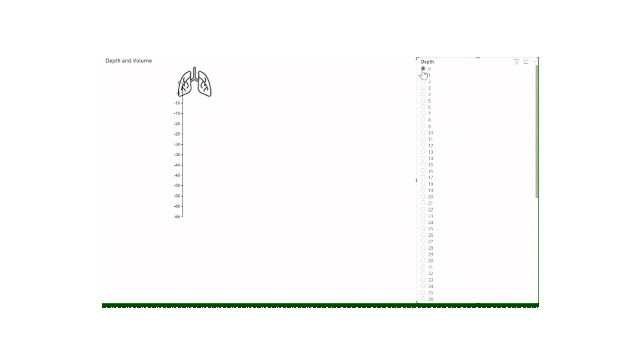ACE were approached by a reporter from the NZ Herald network for comment on an article about sorting out your emails, and I was chosen as the resident Outlook expert and ACE spokeswoman. I teach a variety of Outlook courses, including one on Time Management using Outlook, where I follow up with clients in a one on one coaching environment to see how they are getting on with applying the techniques and tips I showed them.
If you subscribe to the Rotorua Daily Post you may see my comments or photo in your local paper soon, but for those of you who don't I thought I would share some thoughts with my loyal readers as well.
‘Little and often’ is a great motto for handling your inbox. Try to empty your inbox after each visit. A simple yet effective way to do that is to process your messages by using the Four Ds (Do it now, Date activate it, Delegate it, Delete it) principle.
Humans have a tendency to hoard things, but you shouldn’t be afraid to delete emails. I find it helps some clients to create a ‘bin’ folder instead of sending the emails directly to deleted items. Psychologically this can be easier than a permanent delete. While you’re at it, why not create a ‘Good News’ folder to file all those emails that make you feel good or tell you thanks. You can also setup some basic Outlook Rules to automatically file or delete messages you don’t need to read immediately.No-one is immune to the odd moment or two of procrastination. But many of those emails in your inbox can probably be actioned in 5 minutes or less. If that’s the case, do it now. This will save you 5 minutes having to skim or scroll through the same email over and over. Plus it’s so satisfying to tick them off your ‘to do’ list. Setting up some Outlook Quick Steps can help make this easier and faster.
Don’t be afraid to ask for help. I often find clients are storing emails in their inbox simply because they don’t know what to do, or they’re waiting for a meeting to catch up with someone about it. It doesn’t do anyone any good just sitting in your inbox. Take positive action and forward/delegate the email as appropriate or ask for clarification as soon as you receive it.
Any email that doesn’t fit into those three categories (Do it now, Delegate it, Delete it) is important work for you to schedule for later (Date activate it). Did you know you can use your RIGHT mouse button to drag the email into Outlook tasks? Outlook magic! Plus you can use Outlook Categories, Search, and Search Folders to help organise your emails rather than waste time trying to maintain a complex, multilevel folder structure. In short, Outlook is full of features to help you better manage your email and help you move your to do list into Tasks you can action.



